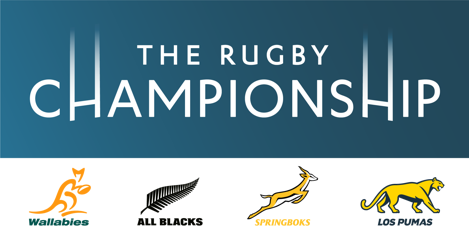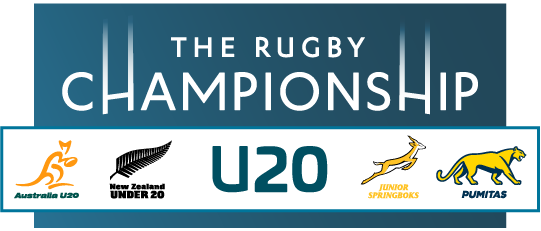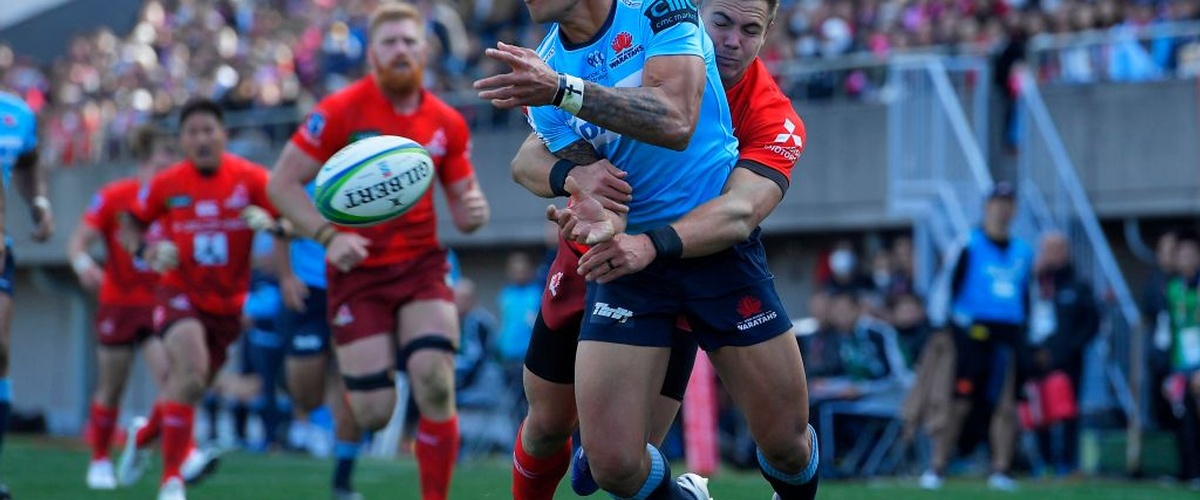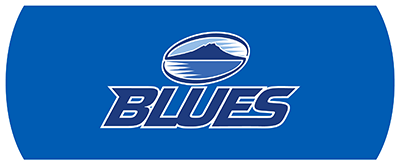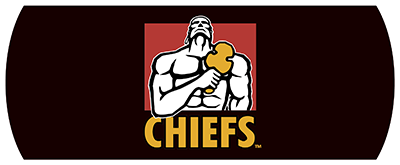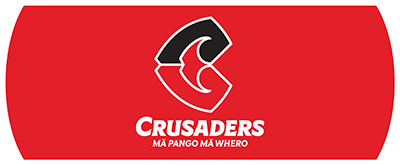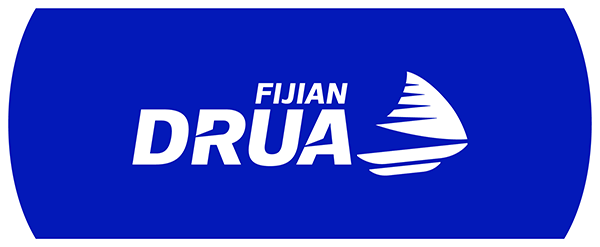The Super Rugby Team of the Week has representatives from eight of the teams from a round that produced six home wins which was a turn around from week one when there were six away wins!
The Crusaders and Waratahs contribute three players each after their wins on the weekend. Standout players were Sunwolves winger Gerhard van der Heever who scored two tries in Tokyo; Crusader lock Scott Barrett who also scored a brace of tries and was a workaholic against the Hurricanes; Highlanders backrow forward Shannon Frizell who was another to score twice and who made 11 from 11 tackles; and Waratah fullback Israel Folau who made five offloads, four clean breaks and scored two tries.
Israel Folau put his name into the Super Rugby record books after breaking Joe Roff's record as Australia's highest all-time try scorer in the competition. The Wallabies star came into the match on 56 tries, one behind Roff's career tally of 57 tries and now sits just one try behind New Zealand legend Doug Howlett as the all-time Super Rugby try scorer.
Only four teams remain unbeaten after Round #2: Sharks Crusaders and Highlanders, and Rebels who had a bye; while the Waratahs, Brumbies, Stormers and Jaguares recorded their first wins.
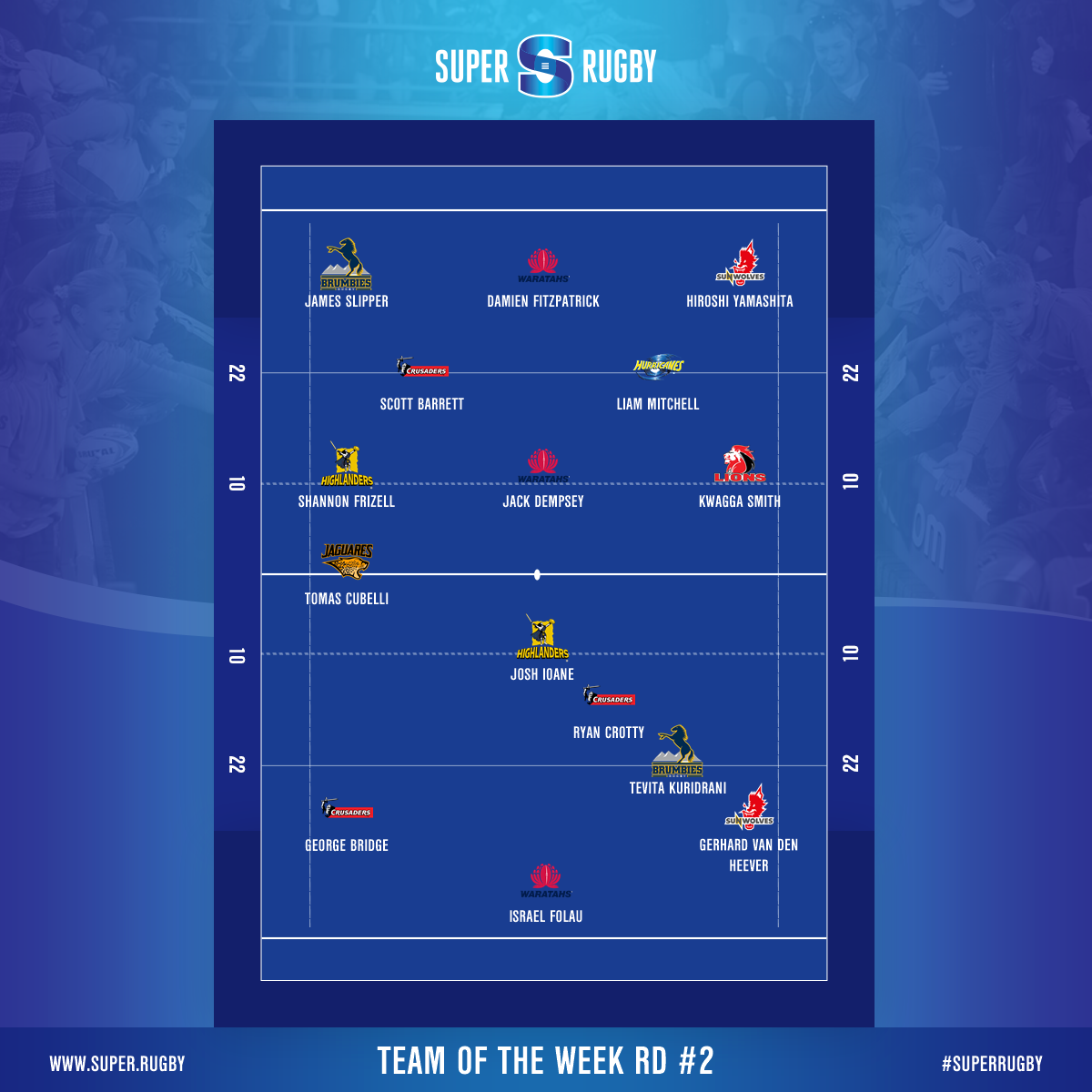
|
15 |
Israel Folau |
NSW Waratahs |
Made a round-high five offloads, scored two tries, and made four clean breaks. |
|
14 |
Gerhard van den Heever |
Sunwolves |
Scored a brace of tries and gained a round-high 140m, the second most ever by a Sunwolves player in a Super Rugby game. |
|
13 |
Tevita Kuridrani |
Brumbies |
Made a joint round-high four clean breaks from nine carries, made 5/5 tackles, and crossed for two tries. |
|
12 |
Ryan Crotty |
Crusaders |
Made 13 tackles - the joint-most of any back - without missing a single attempt, as well as making four offloads and 11 carries. |
|
11 |
George Bridge |
Crusaders |
Beat five defenders and made 84 metres from 11 carries, as well as crossing for a try. |
|
10 |
Josh Ioane |
Highlanders |
Kicked 5/6 shots at goal, made one try assist, and completed 6/7 tackles. |
|
9 |
Tomas Cubelli |
Jaguares |
Made two clean breaks, two offloads and beat 3 defenders, all round-high figures for scrum-halves, also making 5/6 tackles. |
|
1 |
James Slipper |
Brumbies |
Made 7/7 tackles, one offload, and four carries for the Brumbies. |
|
2 |
Damien Fitzpatrick |
NSW Waratahs |
Made more clean breaks (4) and metres (68) than any other forward and made 9/9 lineout throws. |
|
3 |
Hiroshi Yamashita |
Sunwolves |
Won a turnover and made 11/12 tackles against the Waratahs. |
|
4 |
Scott Barrett |
Crusaders |
One of just two forwards (Shannon Frizell) to score multiple tries, he also won two lineouts including one steal. |
|
5 |
Liam Mitchell |
Hurricanes |
Made the second most tackles (18) of any player, two offloads, and gained 19m from nine carries. |
|
6 |
Shannon Frizell |
Highlanders |
One of just two forwards (Scott Barrett) to score multiple tries, he also made 11/11 tackles and beat five defenders from 14 carries. |
|
7 |
Kwagga Smith |
Lions |
Won two turnovers, scored a try, and gained 35m from 14 carries. |
|
8 |
Jack Dempsey |
NSW Waratahs |
Beat four defenders, made six tackles without a miss, gained 58m from 13 carries, and scored a try. |
Opta Index: How does it work
The Opta Index allows genuine opportunities to compare and contrast both player and team strengths and weaknesses across Super Rugby, providing real insights pre-game as follows:
After every match Opta completes a video analysis of every touch of the ball. Each action in the match is awarded a points value depending on the relative importance of the action. So for example, a try scores more points than a tackle, but a player loses points for a missed tackle.
The points are then weighted against the score at the time when the action took place (higher points if the score is closer), the time in the match (higher points at the start of the match) and the position on the pitch where it took place (higher points for actions closer to the goal line).
The player is then given a score for the match by adding up all his actions while he was on the field. The total match score is then weighted to take account of the strength of the opposition so that performances across many matches can be judged fairly.

